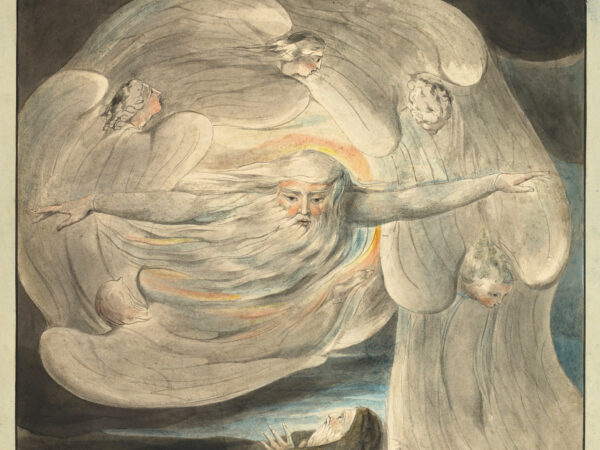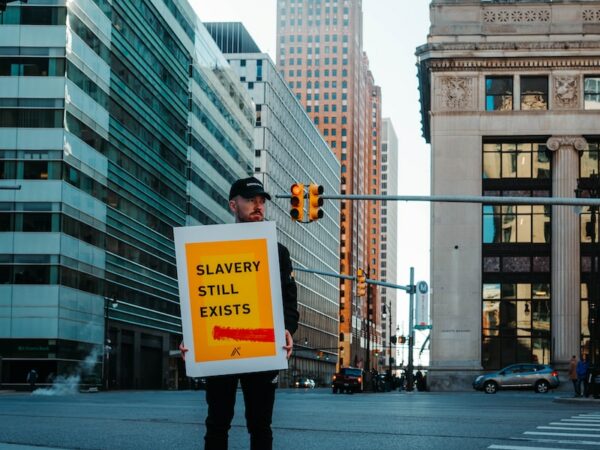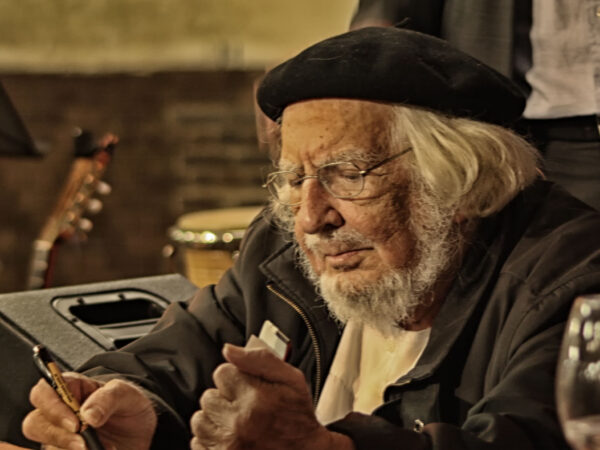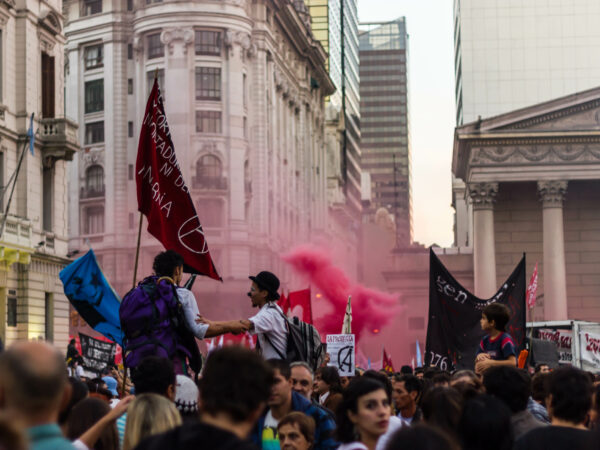
Fifty years after the publication of Gustavo Gutiérrez’s A Theology of Liberation, what, if any, relevance does Christian liberation theology and Gutiérrez’s work have for our present moment? Do we still have a memory of a liberating God? And if not, is there a liberative power in grappling with the absence of this memory?
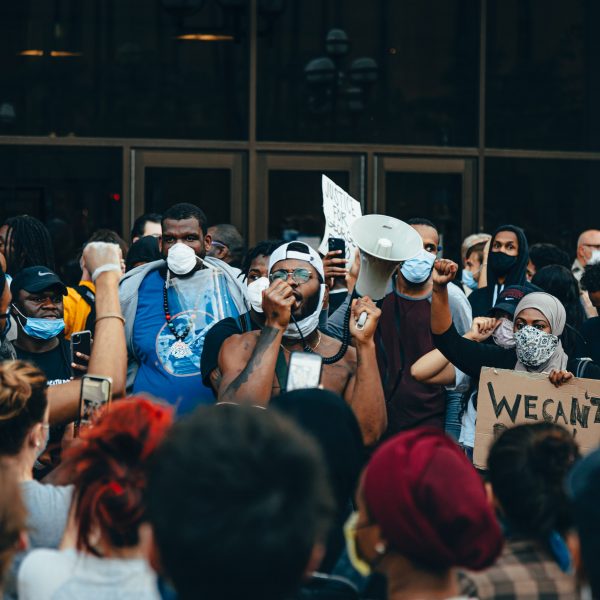
“Seek ye first the political kingdom of God and all these things shall be given unto you.”
By RC Jongte
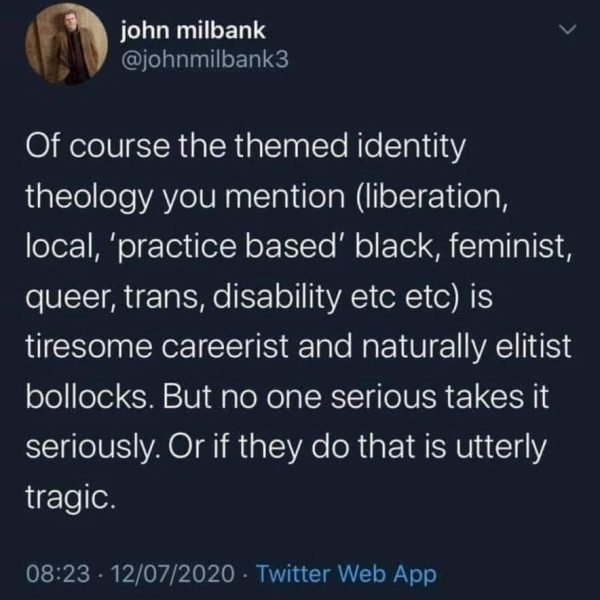
To forego a hermeneutic of charity risks abandoning a central part of the gospel, just as a lack of concern about standing in solidarity with the voiceless, the poor, and the marginalized would do.
By Grant Kaplan
